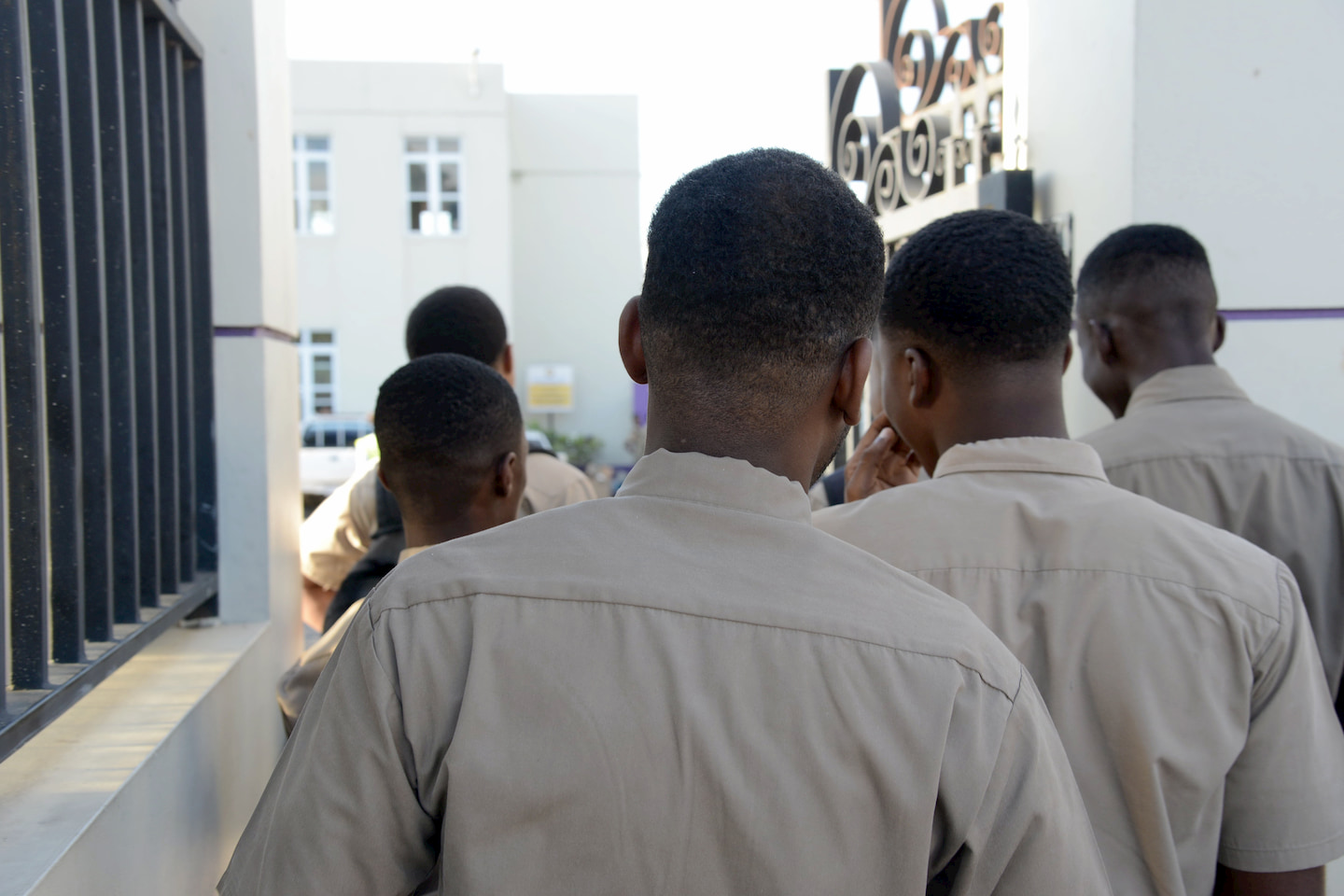In light of recent revelations surrounding the experiences of our children at public educational institutions, I felt moved to challenge the harmful and almost oppressive practices employed by administrators as they allegedly care for our students.
The fact that the Ministry of Education has had to produce a number of bulletins outlining its position on these practices while reiterating that schools should desist from perpetuating them suggests that all is not lost in the grand scheme, but the apathy exhibited by some educators is evidence that more work must be done.
A school should never feel justified in trampling on the rights of our children. In fact, schools should ultimately be guided by the principle that the best interests of the child should be a primary consideration. This ensures that children are able to fully and effectively enjoy all their rights while developing in a holistic manner.
An adult’s judgement of a child’s best interest, therefore, should never override the obligation to respect a child’s fundamental rights, many of which are contained in a number of human-rights documents such as the Convention on the Rights of the Child, and the Charter of Fundamental Rights and Freedoms.
These instruments set out a number of key rights children possess, such as the right to an education, the right to be heard and have their views respected, and the right to be protected from all forms of violence, abuse and maltreatment.
An absolute fact is that children are not simply objects of concern nor do they lose their human rights by virtue of passing through the gates of a school. As such, education to which a child has a right to should, therefore, provide a child with life skills, strengthen their capacity to enjoy a full range of human rights, and promote a culture that is infused by appropriate human-rights values. Positive education should be one that is child-centred, child-friendly and empowering. Furthermore, education must be provided in a way that respects the dignity of our children, enables them to express their views freely, participate actively in school life and must be provided in a way that respects the strict limits on discipline and promotes non-violence in schools.
Unfortunately, the above promulgation seems more aspirational than practical, as these rights, principles and considerations are repeatedly violated when schools impose rigidity in responding to the needs of their students, conservative actions which have stifled progressiveness in many instances and an authoritarian-style leadership that diminishes the status of children as rights-holders capable of exercising autonomy and free will.
The continuous practice of locking students out to face the elements for reasons linked to their lateness and/or their deportment, as well as the persistent hullabaloo over student appearance and grooming, runs contrary to our obligations as a country to respect, protect and fulfil the rights of our children.
Justifying administrative practices clearly reminiscent of colonial days serves only to reinforce a damaging cycle that seeks to silence our children, strip them of their unique personalities and identities, and conjure a damning level of fear, anxiety and apprehension in the face of authority. Collectively, these oppressive practices, if maintained and left unchecked, will likely stunt, the ability of some of our children to fully develop their personalities, talents and mental and physical abilities.
Furthermore, as has been identified time and time again, any adult with whom a child most closely relates that uses humiliation in their relationship with the child, demonstrates absolute disrespect for human rights, and risks teaching a potent and dangerous lesson that these are legitimate ways to seek to resolve conflict or change behaviour.
I am, therefore, urging school administrators to treat our children with the utmost respect. Establish open channels of communication where students are able to express their views freely in order to understand how best to treat them. Be proactive when identifying suitable and effective rights-based approaches in responding to the plethora of issues encountered daily and, where disciplinary actions become an absolute necessity, ensure that such is administered in a manner consistent with the child’s human rights and inherent human dignity.
Moreover, beyond the responsibility of administrators, I am also calling on parliamentarians to ensure that in amending the Education Act and its associated regulations, priority be given to the inclusion of human rights-based mechanisms grounded in many of the virtues and considerations articulated above.
Christopher Harper is an attorney-at-law and a human rights and social justice advocate.







